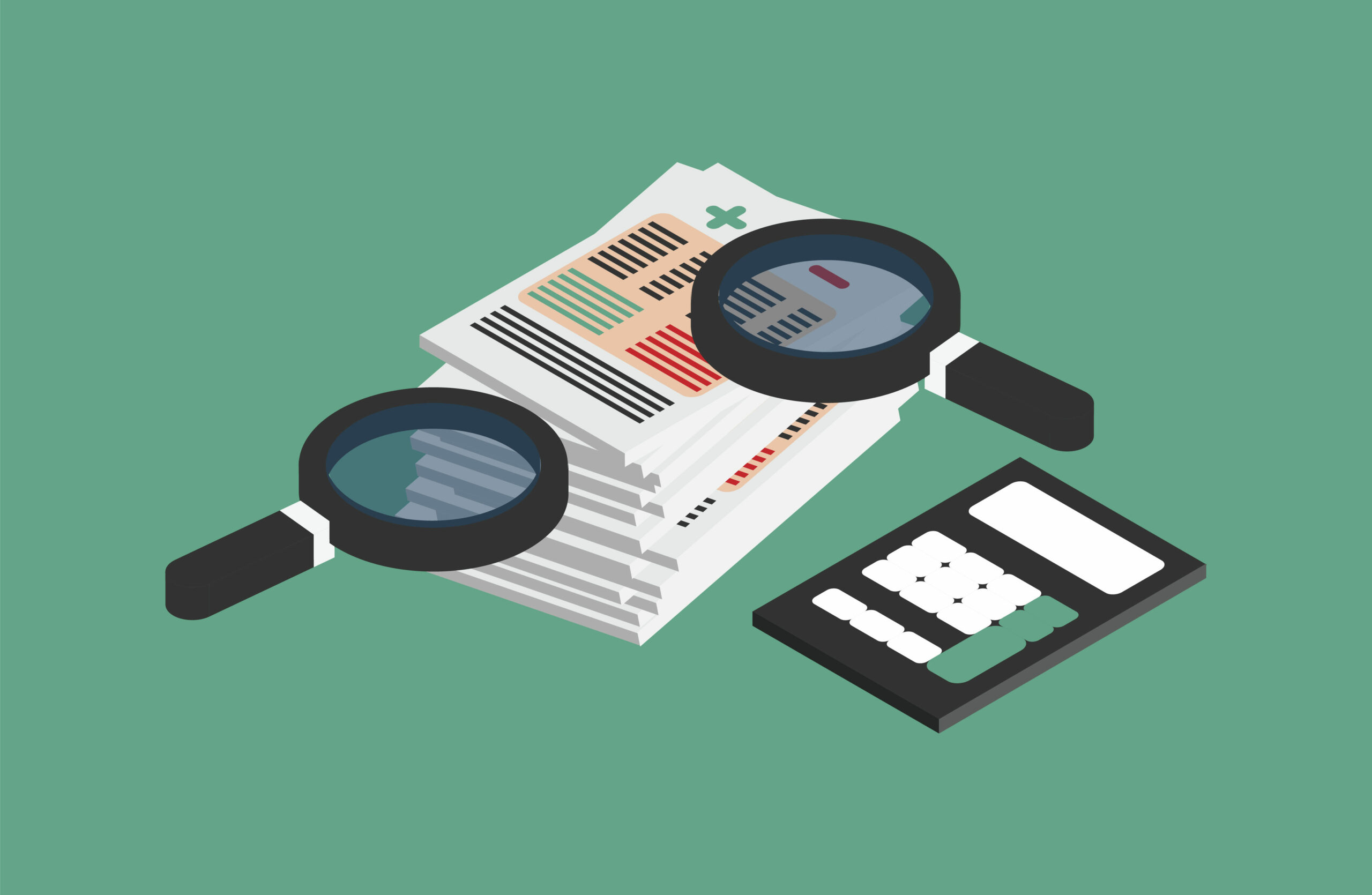In yesterday’s Autumn 2024 statement, it was announced that from 6 April 2025 there will be an increase to both the rate of employer’s National Insurance Contributions (NIC) to 15% (up 1.2 % as the present the rate is 13.8%) and the point at which it starts to be paid. Currently, employers make employers contributions when an employee’s earnings exceed £9,100, however, from 6 April 2025, employers will be required to make contributions when employee earnings exceed £5,000.
Employees can be remunerated in other ways in the form of non-cash benefits, otherwise known as benefits in kind. Whilst the income tax treatment of such benefits is generally the same as salary, the national insurance position can differ. Many benefits in kind will be subject to Class 1A national insurance, which is payable by the employer only. Class 1A national insurance is however paid at the same rate as the main rate employer’s NIC, so this too will be increasing to 15% from April 2025.
There are however some benefits that do not give rise to any income tax charge or national insurance charge. Examples include (but are not limited to) the following:
- Pension contributions;
- Cycle to work schemes;
- Christmas (or other annual) party – on the basis the cost of this does not exceed £150 per person;
- A mobile phone (this is restricted to one per employee, any additional devices will give rise to a tax charge)
- Long service awards – subject to the employee having a minimum of 20 years service and no such gift being provided in the last ten years. There are certain that will need to be considered if providing this benefit such as is the item reasonable where reasonable cost does not exceed £50 per year of service. The award cannot be cash;
- Work place parking;
- Awards from a staff suggestion scheme although there are limits to the value of the award provided;
- Free or subsidised meals as long as the canteen facility is available to all employees;
- One health screening but it should be noted that this does not include any medical treatment arising as a result of this screening;
- Eye tests where the employee is required to use a visual display unit as part of their normal duties;
- Welfare counselling – this must be made available to all employees;
- Workplace nurseries – as long as the appropriate registrations are in place and this is available to all employees;
- Trivial benefits costing less than £50 are not subject to tax providing that certain conditions are satisfied.
Some of these benefits have certain qualifying conditions required to make them tax and NIC free. If you would like to discuss this further, in relation to how your business can provide benefits to employees, please do get in touch with BHP and we will be happy to assist.
This material is for informational purposes only and should not be relied upon as professional advice.



